Quebec universities concerned about losing their autonomy
Ottawa has tightened the belt on international student admissions in Canada. Now Quebec wants to implement further changes, but universities are worried the Legault government might go too far.
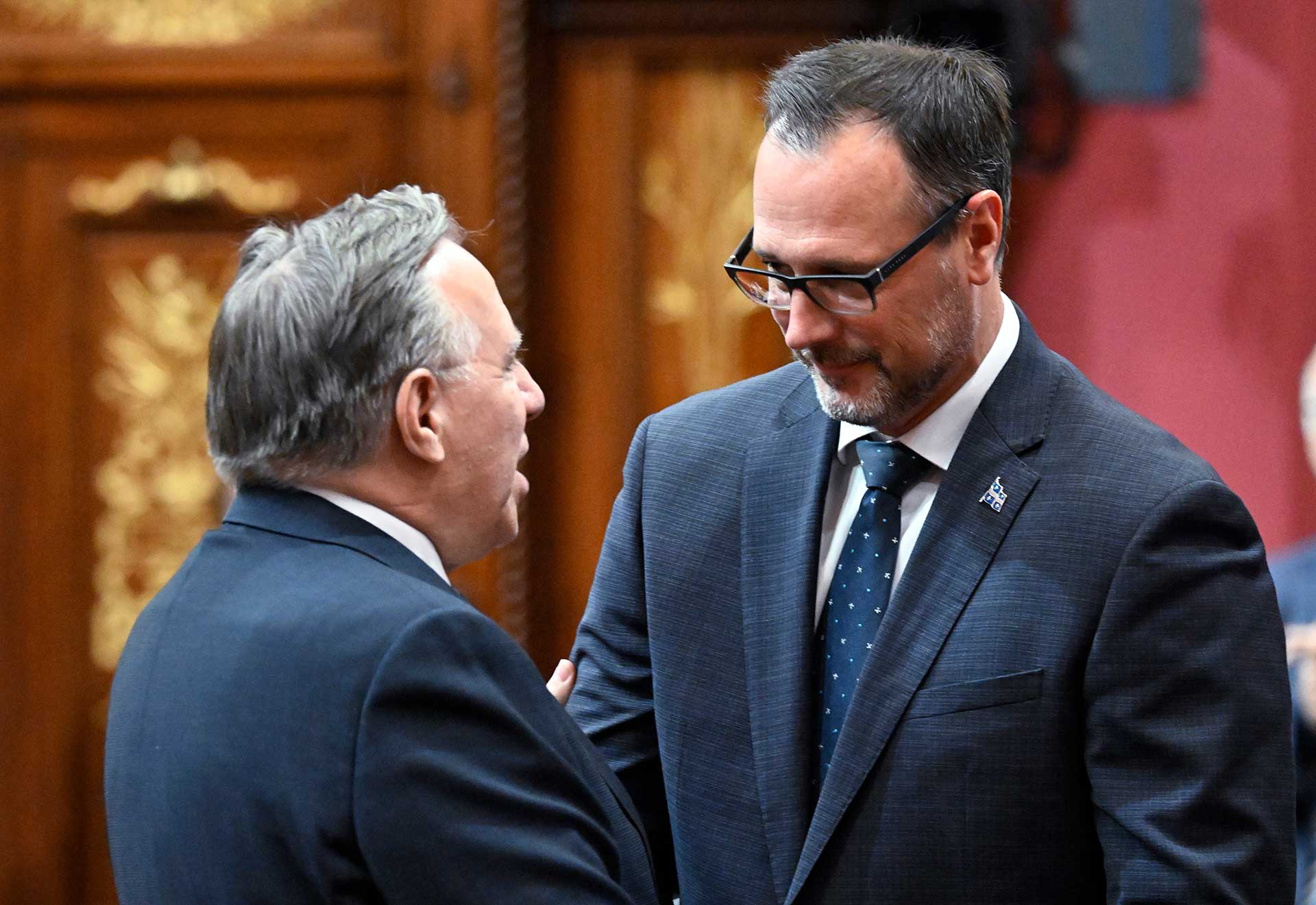
The Government of Quebec recently tabled a bill that would give it unprecedented powers over international student selection. Universities are concerned the proposed legislation will encroach on their autonomy.
Jean-François Roberge, Quebec’s minister of immigration, francization and integration, presented Bill 74 on Oct. 10 with the transparent goal of reducing international student admissions in the province. Reduction targets will be defined after the bill is adopted.
“The minister is granting himself the power to cap international student enrolment based on very granular criteria like region, level of study, institution, and even program,” said Daniel Jutras, president of Université de Montréal. “Universities are very concerned about their autonomy.”
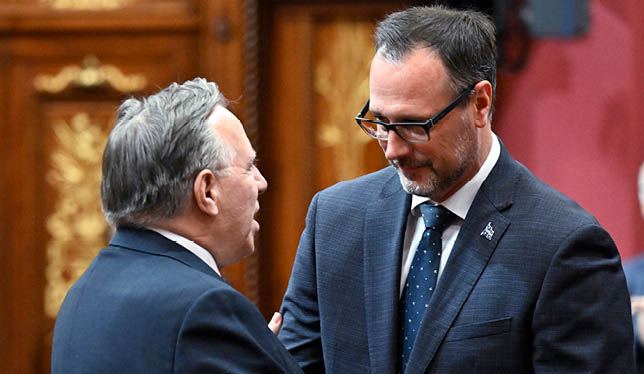
Mr. Jutras noted that the bill is only the latest in a long string of changes to how international students are handled at the federal and provincial levels. “These constant shifts are complicating our recruitment strategies, especially since we’re generally not consulted ahead of time,” he said. In September, the federal government announced its intention to reduce the number of study permits issued to international students by 10 per cent in 2025. That’s in addition to cutting permits by 35 per cent in 2024.
These measures reflect a desire at the federal and provincial levels to reduce temporary immigration and alleviate pressure on the housing market. In Quebec, the international student community grew by 140 per cent over the last 10 years. This rapid increase was particularly marked in Montreal, where the provincial government argues McGill University and Concordia University students are contributing to increasing anglicization.
Language criteria raise concerns
The minister has promised to proceed with “surgical” precision to avoid penalizing universities in the region, where the survival of certain programs depends on international student enrolment. Montreal-based institutions, which host 70 per cent of international students, are sure to be affected.
English-language universities are particularly apprehensive, as language of instruction is one of the criteria determining international student quotas. “Enrolment fell by 15.9 per cent this year and by 0.09 per cent last year, while it generally rose at francophone universities,” said Concordia spokesperson Vannina Maestracci.
Recent data from the Bureau de coopération interuniversitaire showed that the number of international students at McGill held steady in 2023 and shrunk by five per cent in 2024. At Bishop’s University, enrolment dropped by 10.5 per cent and 27.7 per cent in the last two years. “Now that the bill has been introduced, we hope that the government will keep each university’s specific situation in mind,” said Ms. Maestracci.
However, the number of international students has actually risen at francophone universities. Institutions like Université du Québec à Rimouski (UQR) and Université du Québec en Outaouais (UQO) have grown their international student population significantly.
That hasn’t stopped Murielle Laberge, president of UQO, from worrying about the bill. “The minister claims not to want to curb the development of universities in the regions,” she said, “but he’s giving himself a lot of power that could cause us considerable problems if misapplied.”
She noted that the process of recruiting international students is lengthy and complicated, which makes exact enrolment numbers difficult to predict as some students may apply to several institutions at the same time. “It will be very difficult for us to manage numbers if the government is imposing quotas by region or program,” she said.
Less welcoming language on the rise
Stéphane Pallage, president of Université du Québec à Montréal (UQAM), is concerned about the shifting discourse around international students. “Governments have long recognized the incredible assets these students are to our universities, research system, and society,” he said. “But lately the conversation is very negative.”
When we spoke to Dr. Pallage, the government had just announced an eight-month suspension of the graduate stream of the Québec Experience Program – the main path to permanent residency for many international students. He says he finds this decision difficult to understand. “These are excellent candidates for settlement. They’ve graduated from a Quebec institution, they know the language and the culture, and they already have a network of friends and even family in the region.”
The government held public consultations about the bill on Nov. 5 and 6. This likely isn’t the last time university presidents will be compelled to defend their autonomy in international student recruitment, given the Oct. 23 announcement from the Parti Québécois – currently well ahead in polls – that they intend to halve international student admissions if they are elected.
Currently, the next Québec provincial general election is scheduled for Oct. 5, 2026.
Featured Jobs
- Canada Impact+ Research ChairInstitut national de la recherche scientifique (INRS)
- Engineering - Assistant Professor, Teaching-Focused (Surface and Underground Mining)Queen's University
- Human Rights - Assistant Professor (Expertise in Peace & Conflict Studies, Socioeconomic Rights and/or Indigenous Rights)University of Winnipeg
- Soil Physics - Assistant ProfessorUniversity of Saskatchewan
- Anthropology of Infrastructures - Faculty PositionUniversité Laval


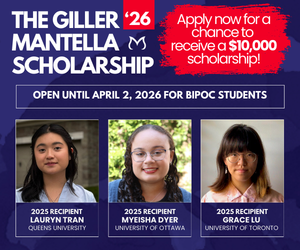


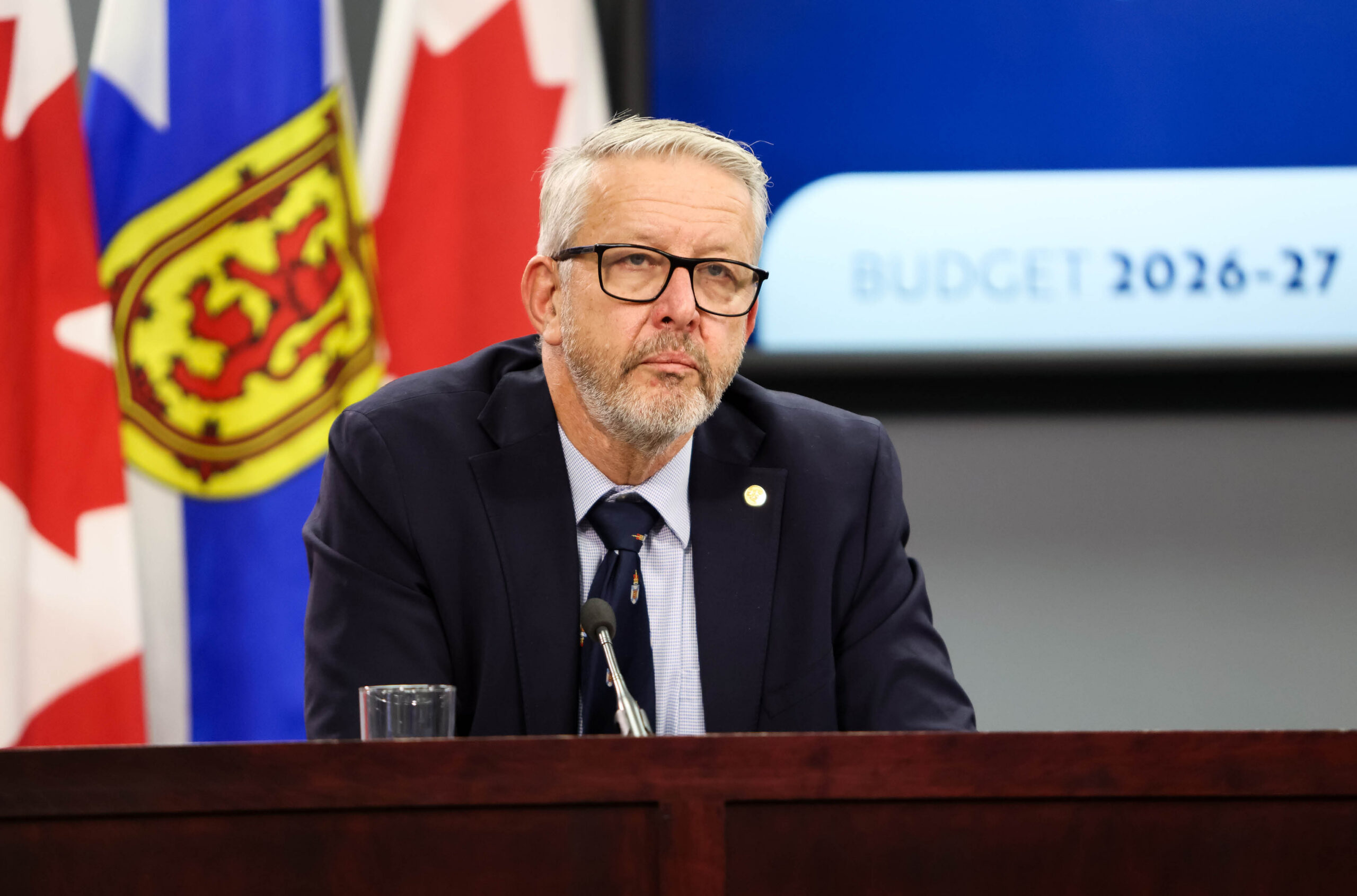

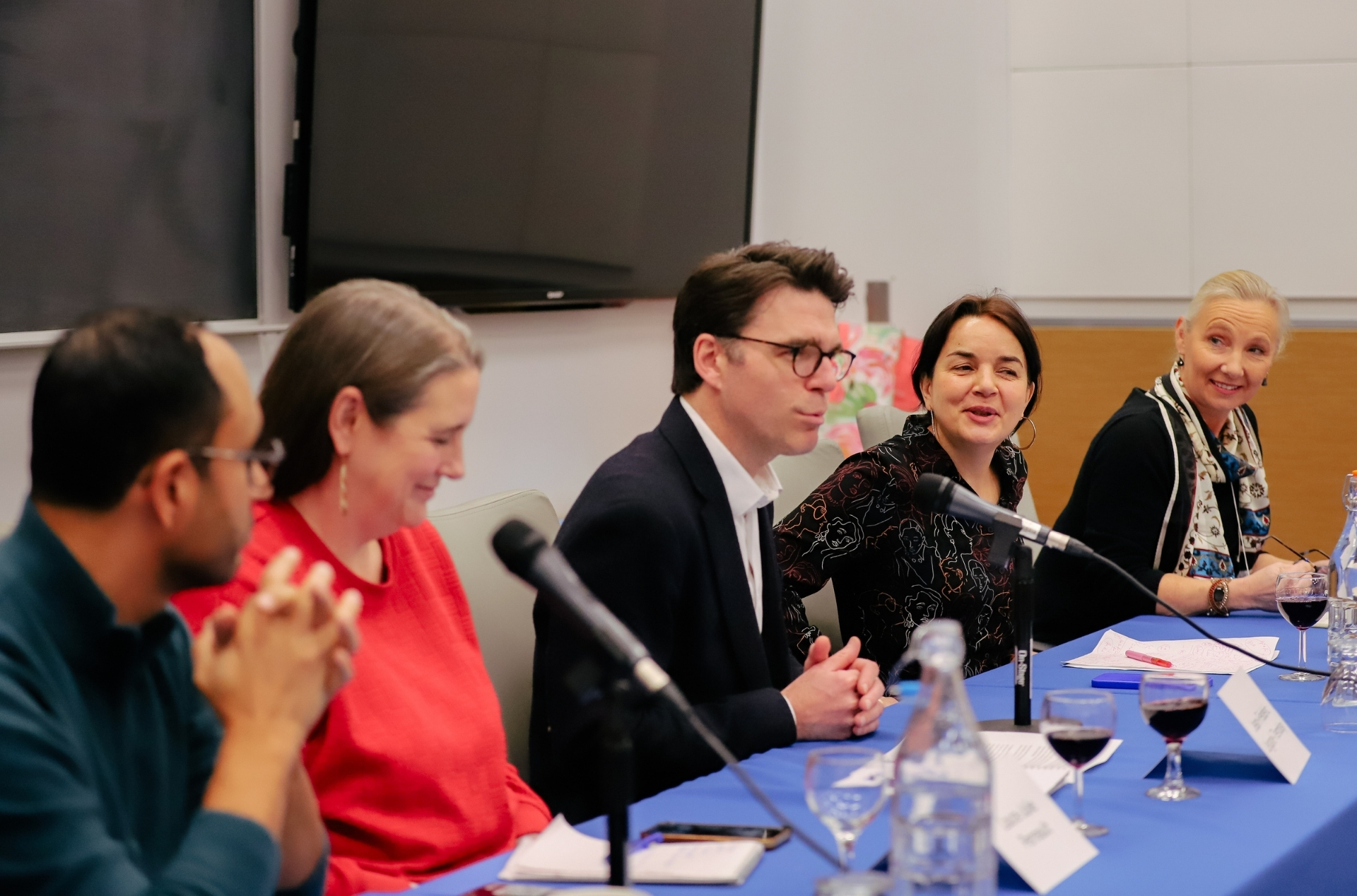




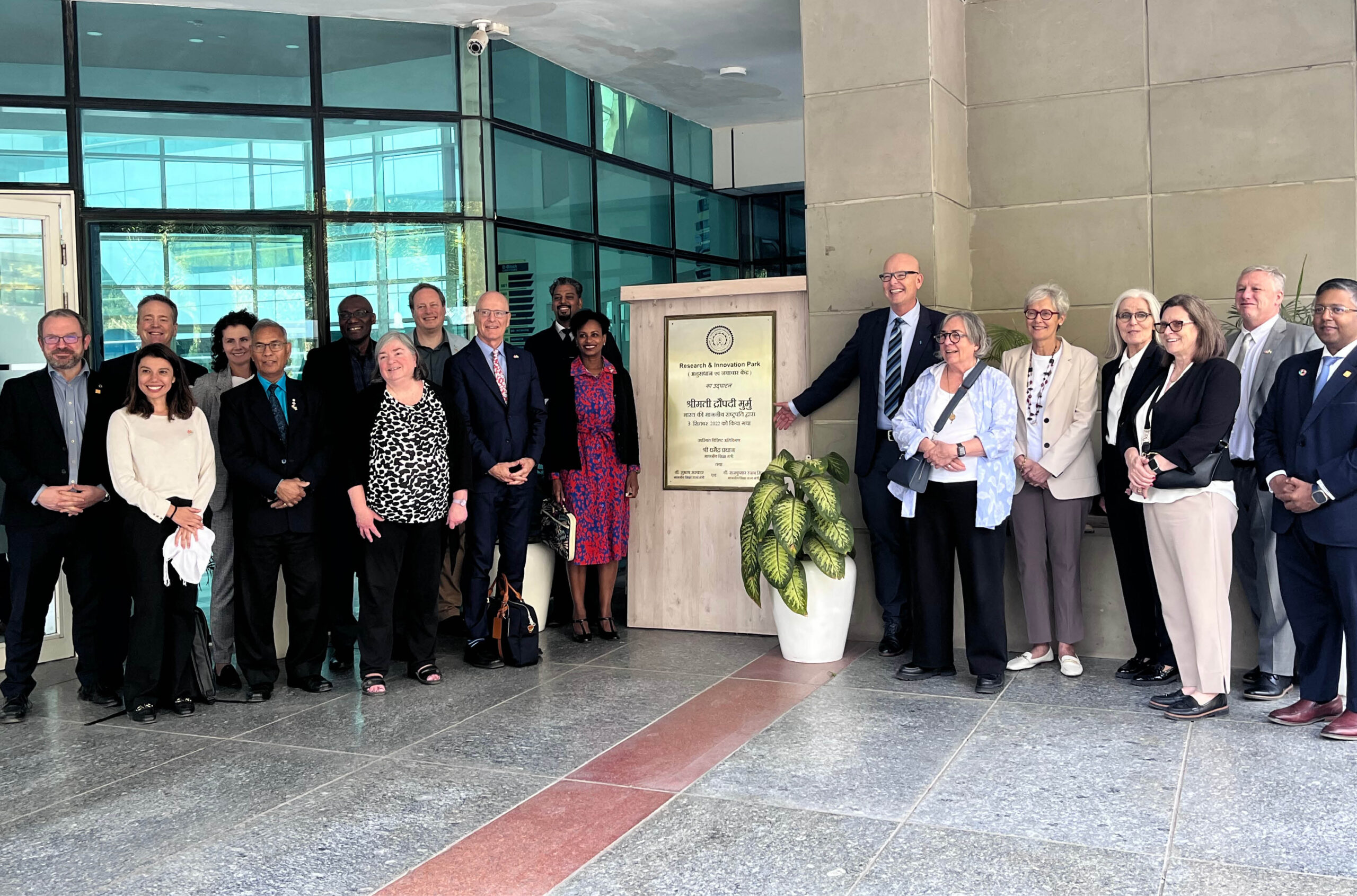
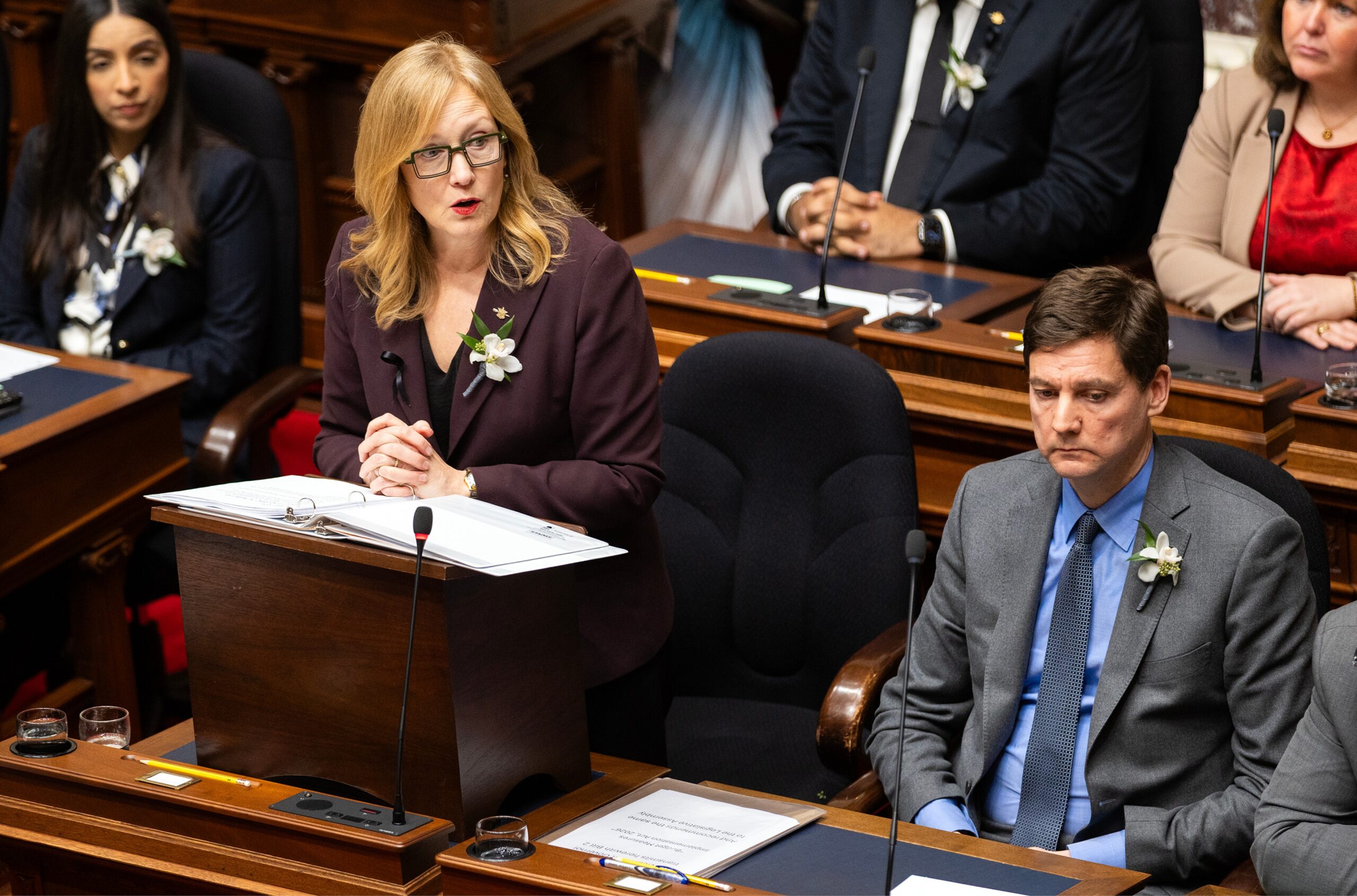


Post a comment
University Affairs moderates all comments according to the following guidelines. If approved, comments generally appear within one business day. We may republish particularly insightful remarks in our print edition or elsewhere.
1 Comments
Unfortunately, the CAQ has not proven itself to be a friend of higher education in Québec. The government’s approach to legislation affecting the province’s universities and CÉGEPs has been improvisational at best, exemplified by its alarming assault on world-class English-language institutions, notably McGill University and Dawson College. The Liberal opposition in the National Assembly has proposed framing a constitution for Québec, which they promise will cement the language rights of schools like McGill and Dawson.